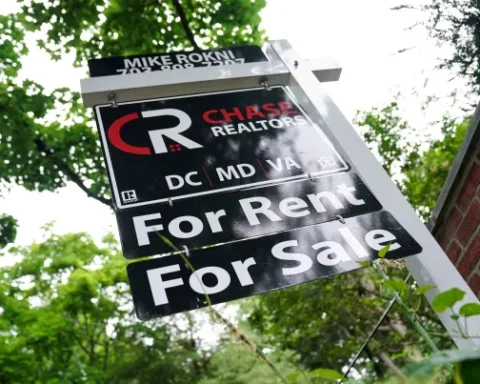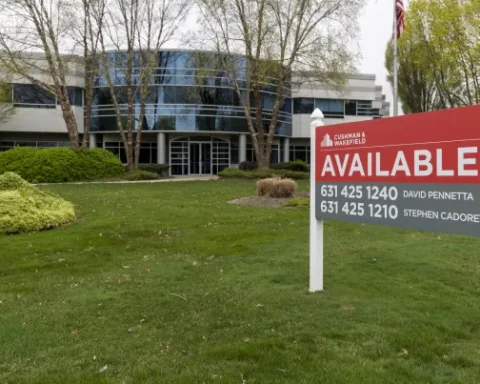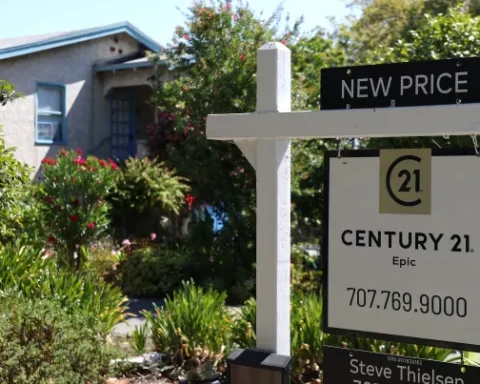Home equity has surged to near-record levels, presenting homeowners with significant financial potential. However, tapping into this wealth is becoming increasingly challenging due to rising interest rates. Financial advisors provide insight into how homeowners can navigate these high costs to leverage their home equity effectively.
Home Equity Reaches New Heights
According to CoreLogic, home equity for U.S. mortgage holders rose to over $17 trillion in the first quarter of 2024, nearing the record set in the third quarter of 2023. The average equity per borrower increased by $28,000 to about $305,000, a 70% jump from pre-pandemic levels. Chief Economist Selma Hepp attributes this rise to the increase in home prices and the refinancing of mortgages during periods of low interest rates.
The Impact of Rising Interest Rates
Despite the substantial equity gains, high borrowing costs complicate accessing this wealth. “Some options that may have been attractive two years ago are not attractive now because interest rates have increased so much,” says Kamila Elliott, co-founder of Collective Wealth Partners.
Home Equity Line of Credit (HELOC)
A HELOC is a common way to access home equity. It allows homeowners to borrow against their equity for a set term, paying interest on the outstanding balance. However, with an average interest rate of 9.2%, HELOCs are much more expensive than typical mortgage rates, though still cheaper than credit card debt. Elliott advises using HELOCs to pay off high-interest credit card debt but emphasizes the importance of having a “very targeted plan” to repay the HELOC quickly.
Reverse Mortgages for Older Americans
Reverse mortgages allow older homeowners to access their equity without monthly payments. The loan balance grows over time, and borrowers can stay in their homes as long as they meet certain conditions. This option can be beneficial for those with most of their wealth tied up in their homes, offering a source of retirement income. “If you were late getting the ball rolling on retirement savings, it’s another potential source of retirement income,” says Lee Baker, founder of Apex Financial Services.
Selling Your Home
Historically, home equity has enabled homeowners to move up in the housing market. However, high interest rates on new mortgages make this option less attractive. “Not only has their home gone up in value, but so has everything else in the general vicinity,” Baker notes, complicating the benefits of moving and downsizing.
Cash-Out Refinance as a Last Resort
A cash-out refinance allows homeowners to replace their existing mortgage with a larger one, pocketing the difference as cash. However, with higher interest rates, monthly payments would increase significantly. “I don’t know anyone right now who’s recommending a cash-out refi,” says Elliott, emphasizing the need to “really crunch the numbers” before considering this option.
Navigating the current high-interest environment to access home equity requires careful consideration and strategic planning. While options like HELOCs, reverse mortgages, and selling the home exist, each comes with its own challenges and benefits. Homeowners must weigh these factors carefully to make informed financial decisions.







